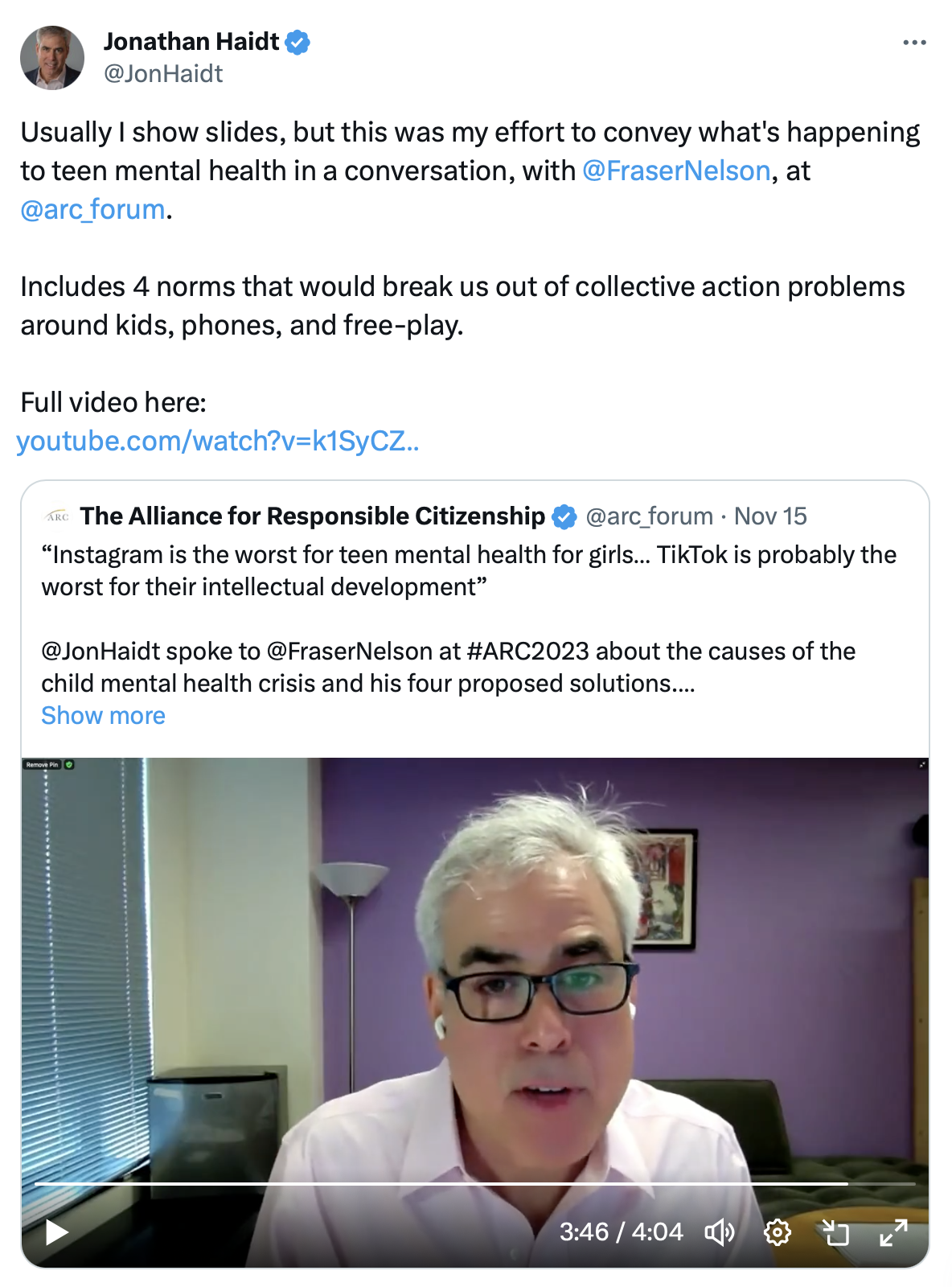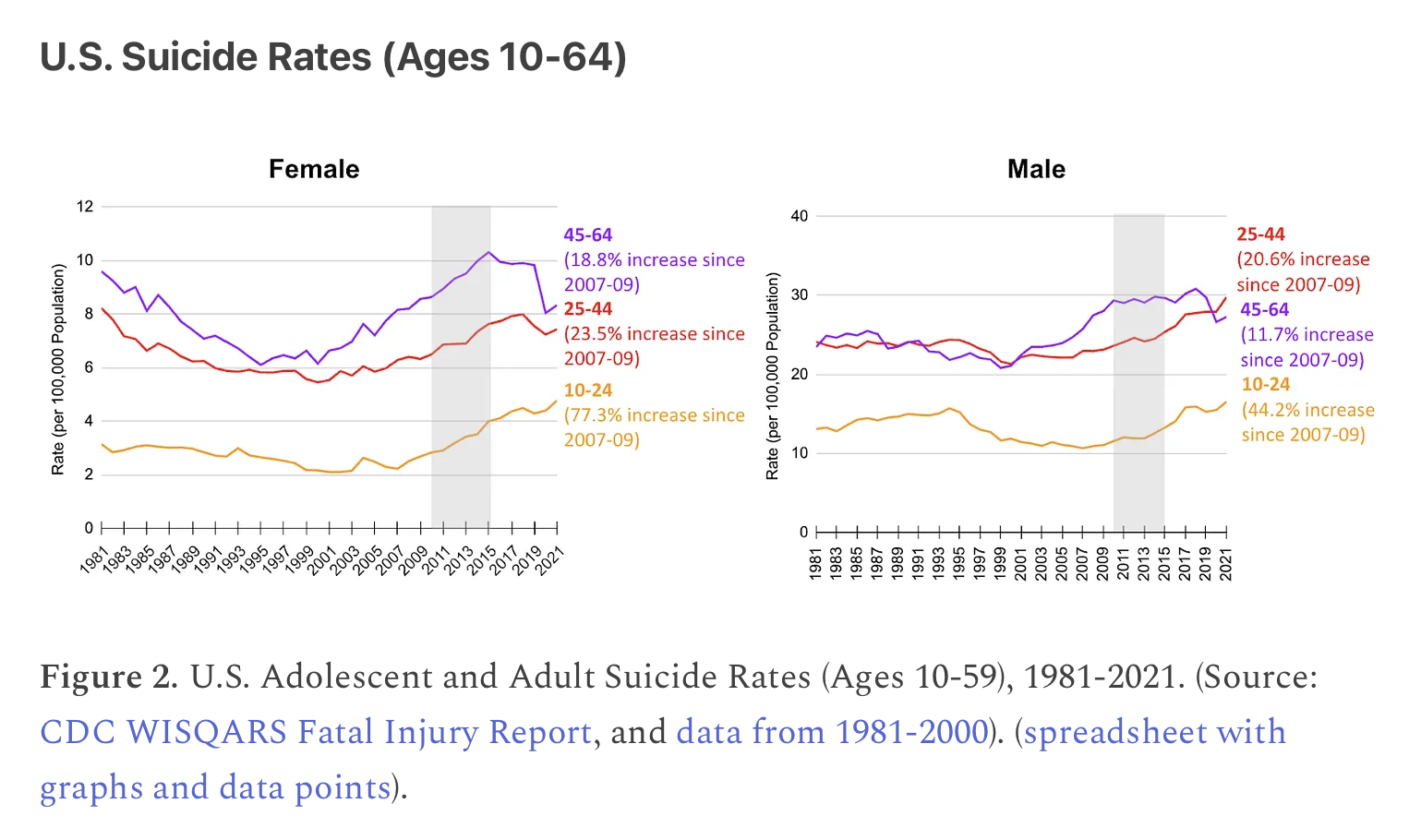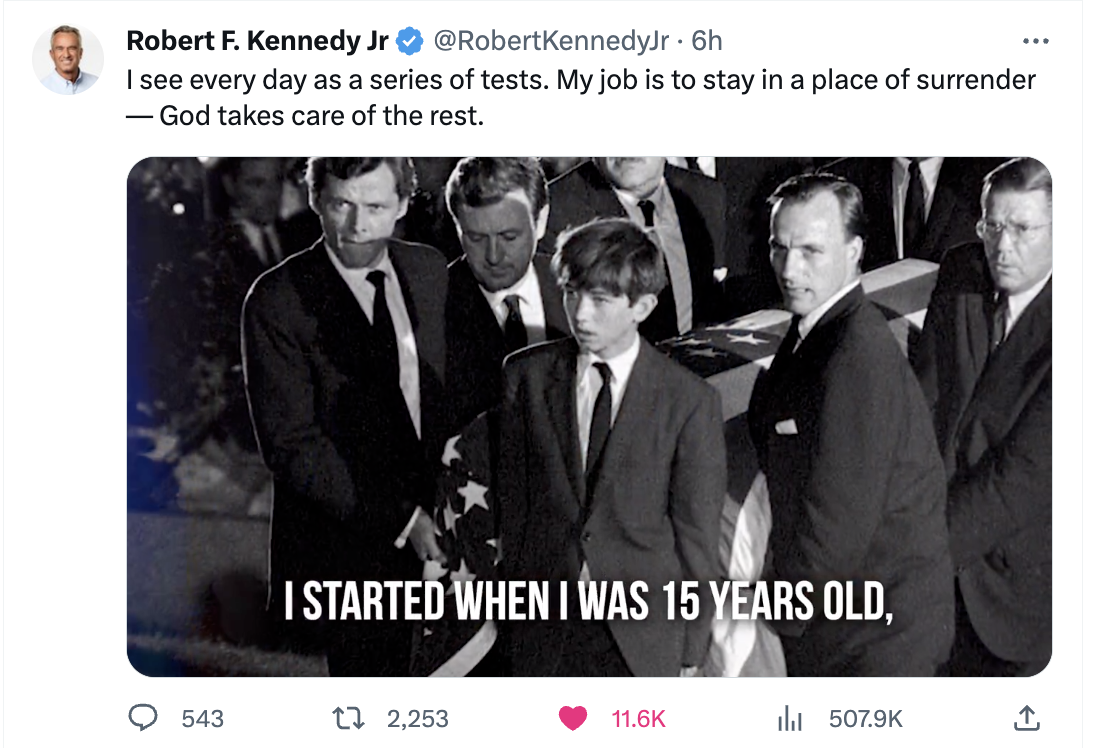Does psychotherapy work?
Millions of Americans engage in psychotherapy, women receiving treatment at approximately twice the rate of men. At Aporia, Bo and Ben Winegard discuss whether psychotherapy really works. They are extremely skeptical, based on a detailed analysis of the topic in search of reliable metrics. Their article is titled: "The Psychotherapy Myth: Contrary to the claims of the psychotherapy myth, humans can be resilient and tough-minded; they can suffer the slings and arrows of life without expensive interventions from “experts.”
Here is an excerpt from their conclusions:
Contrary to the claims of the psychotherapy myth, humans can be resilient and tough-minded; they can suffer the slings and arrows of life without expensive interventions from “experts.” . . .
Thus, a healthy culture should teach that life is often full of misery, dashed hopes, and thwarted desires; it should teach that agony, anguish, and despair are ineradicable parts of the human experience, not aberrant or fleeting intrusions; it should encourage more stoicism, more discipline, more sacrifice; and it should discourage cossetting, indulgence, and morbid contemplation. Reflecting obsessively upon grievances and hardships, like constantly fiddling with a wound, is unwholesome.
Furthermore, the idea that understanding the cause of one’s suffering is the key to curing it is dubious ...Often, the disease is not in the head, but in the society. And thus, even if psychotherapy were highly effective, it might be a dangerous distraction.
The idea that the good therapist is a highly skilled mental engineer who knows how to manipulate the complicated machinery of the human psyche has been memorably promoted in movies such as “Ordinary People,” and, if it were true, it might justify the exorbitant salary some therapists command. But alas, it is no truer than the Freudianism that spawned it; and despite its veneer of sophistication and scientism, psychotherapy ultimately remains a human interaction, purchased at great expense to the patient and perhaps to society.
People will always want to talk to other people about their miseries and insecurities, flaws and failures, hopes and dreams; and counselors and therapists will remain employed into the foreseeable future. Some may even do considerable good. But we hope they will drop the pernicious mythology, the exorbitant prices, and the complicated and often unnecessary licensing system and recognize the simple but tragic fact that many people are desperate for sympathetic social partners and will pay a lot of money for them. What is needed is not more expensively trained experts, but more real social relationships.




